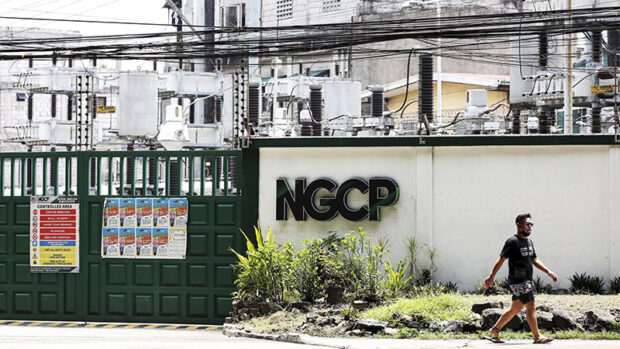Solon: Congress may find way to filter China investments in PH via Cha-cha

National Grid Corporation of the Philippines (File photo from LYN RILLON)
MANILA, Philippines — If the proposed economic amendments to the 1987 Constitution are ratified, Congress may include a “screening process” that will hinder “China and other risky investors” in the enabling law on foreign investments, according to a lawmaker.
Cagayan de Oro City 2nd District Representative Rufus Rodriguez said on Thursday that although ratifying the Resolution of Both Houses (RBH) No. 7 may lift limitations on foreign investments, it does not mean all foreign capital will be accepted in the country.
“I can mention one, and that is China, with which we have a dispute over the West Philippine Sea,” Rodriguez said in a statement pertaining to nations in conflict with the Philippines that are also planning to invest in the country.
“In other words, Congress can craft a law to make sure that risky countries or investments with implications on our national interest and security can be checked and barred from coming in,” he added.
READ: One step closer: House OKs RBH 7 on second reading
Rodriguez’s statement came after the Makabayan bloc lawmakers pointed out how China might control the Philippines’ electricity generation and transmission once full ownership in Philippine industries becomes accessible to foreign investors.
The minority lawmakers cited the National Grid Corporation of the Philippines (NGCP) as an example, which is 40 percent controlled by China.
Backing his suggestion, Rodriguez pointed out that similar legislation also exists in the United States and the United Kingdom — in which they included Russia and China among their list of risky investors.
“The Philippine Congress can pattern an enabling law on foreign investments after the US and UK legislation if the proposed amendments to the Constitution’s economic provisions are ratified by the people in a plebiscite,” he said.
On Wednesday, the House of Representatives approved RBH No. 7 on second reading.
The chamber plans to finally approve the proposed economic Charter amendments next week before it goes on Holy Week break this coming March 23.